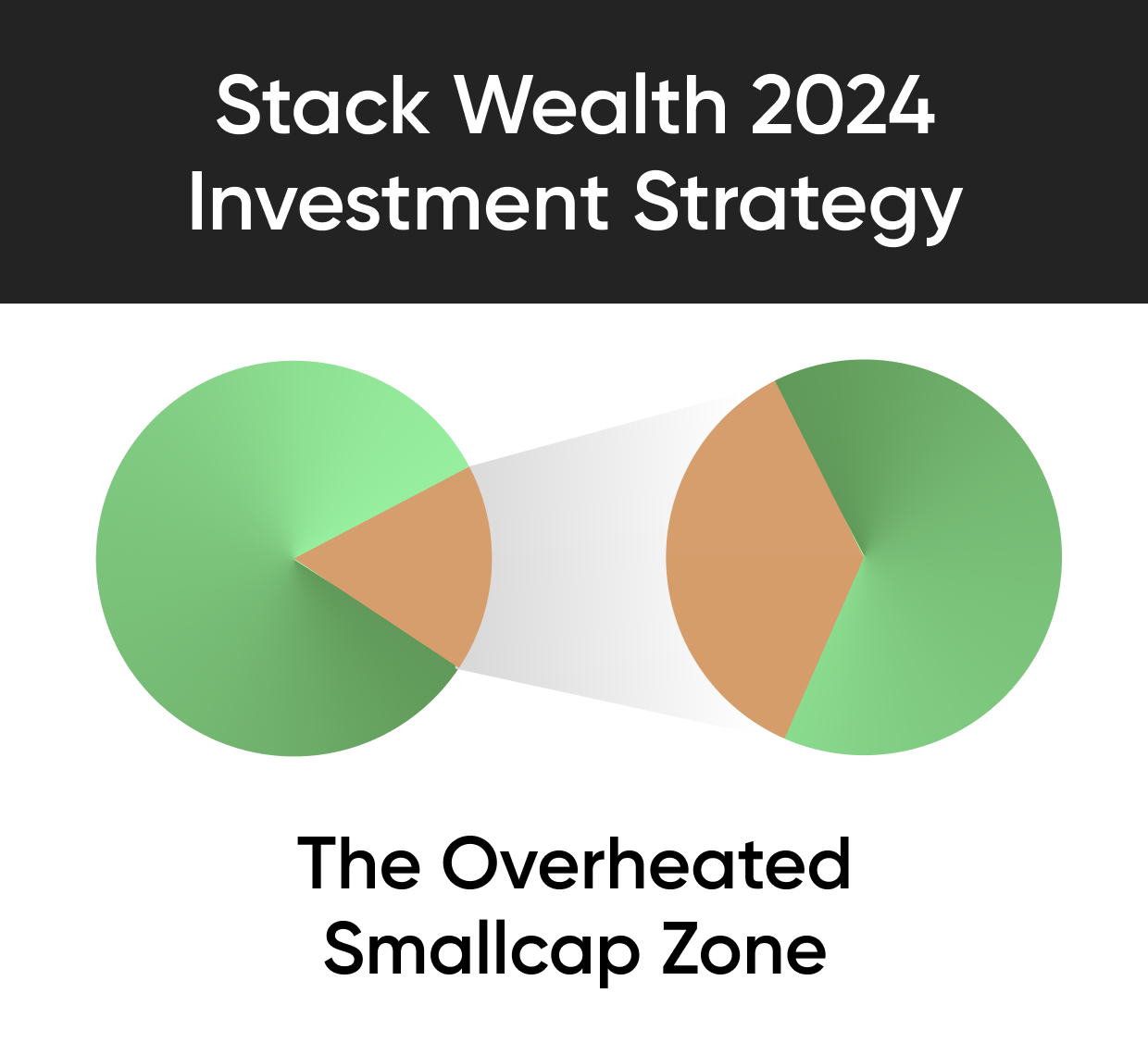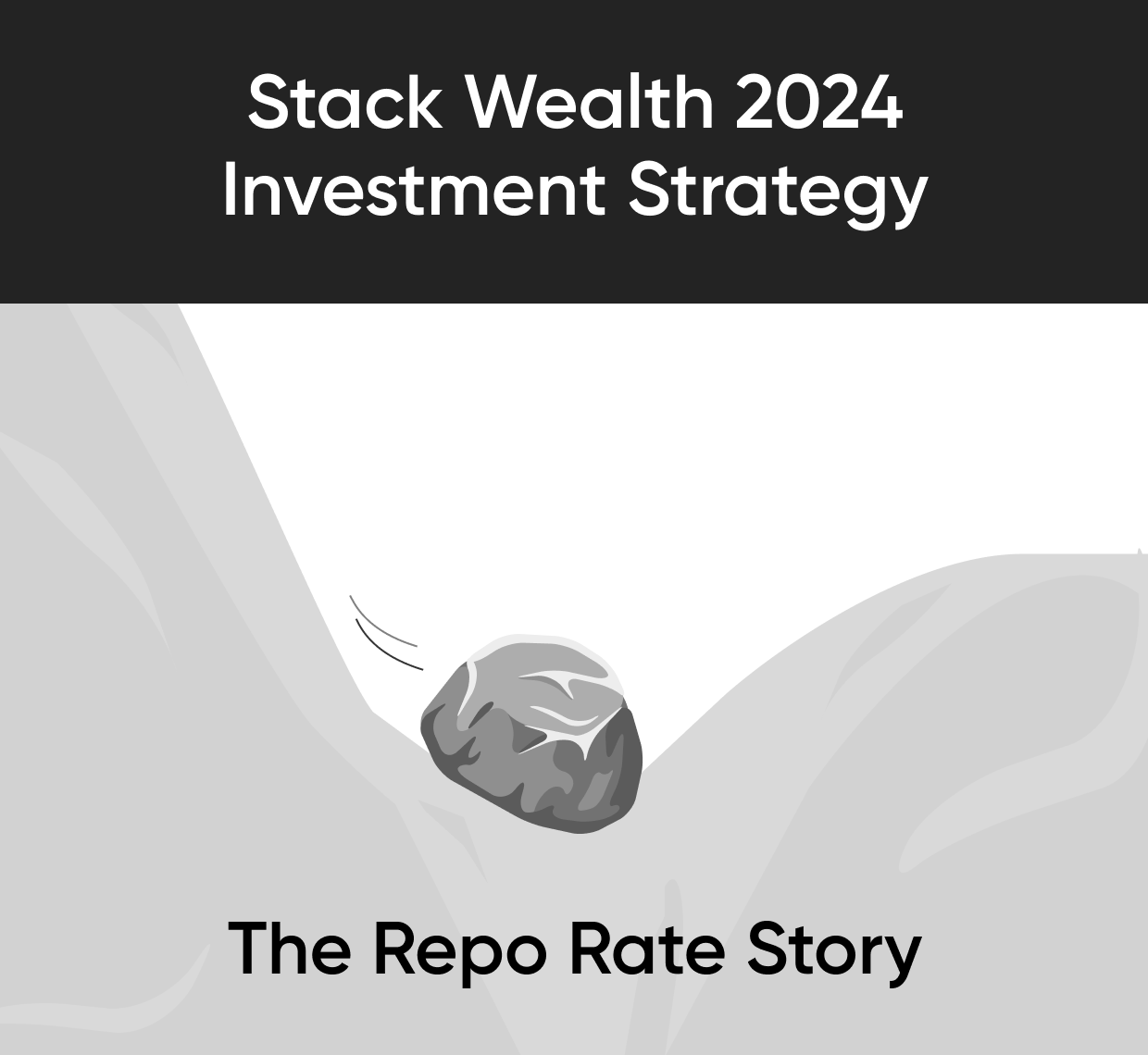Debt Funds 101: Unpacking the Basics
In the world of investments, finding stability and a reliable income can be a challenge. If you're on the lookout for these qualities, debt funds could be your solution. But what exactly are they, and why should you care? Let's break it down in simple terms.
Understanding Debt Funds: Think of debt funds as a specialised type of Mutual Fund designed for individuals who prefer investing in secure assets like Corporate and Government Bonds, corporate debt securities, and money market instruments. Their main aim? Growing your money steadily over time.
Advantages of Debt Funds:
- Cost-Effectiveness: Debt funds won't break the bank. Unlike some alternatives, they won't take a hefty cut from your returns, leaving you with more money in your pocket.
- Stable Returns: No surprises here. Debt funds offer a serene investment experience compared to the unpredictable nature of equity funds. Expect consistent returns, ideal for those who value predictability.
- Easy Access: Need cash in a hurry? Debt funds have got you covered. Buying or selling them is a breeze, making them perfect for short-term goals or unforeseen expenses.
- Safety First: If you're risk-averse, debt funds are your ally. They're not as volatile as equity funds, making them a wise choice for those accustomed to the security of Bank Deposits.
Ideal for the Cautious:
Debt funds are tailor-made for individuals seeking regular income without the rollercoaster of significant risks. If you're tired of stashing your savings in traditional Bank Deposits and desire steady returns with less drama, debt Mutual Funds could be your financial savior.
When it comes to maintaining financial stability, debt funds stand out as a reliable option. They are cost-effective, provide steady returns, are easily accessible, and prioritise the safety of your money. If you're in search of a dependable path towards financial goals without the unpredictable fluctuations of the stock market, debt Mutual Funds might just be your ticket to financial success.
Interest Rate Symphony: How Repo Rates Play Conductor in Debt Markets
The link between interest rates and the stock market is Inversely Proportional to each other: when one side goes up, the other tends to go down.
When the Central Bank decides to crank up the repo rate, it's like switching the music for businesses. The repo rate is just the price banks pay to borrow money, and it sets the step for the whole money matter.
Simple Cause and Effect: It is like a domino effect. The repo rate goes up, businesses cut back on spending, growth takes a breather, profits slim down, and stock prices bend lower.
Impact on Stock Markets: When the Central Bank decides to turn up the repo rate, It makes big waves in the stock market. Businesses get a bit tight with their money. They stop big ideas like making more offices or new agendas.
This tight budgeting means less spending on growing. It puts a pause on making more money. The slowdown in growing then produces a little wave on profits and future money. Hence, stock prices take a little dip.
So, there you have it – the repo rate and the stock market being unstable. When the repo rate goes up, businesses start getting unstable. This sets off a chain reaction, hindering their plans to get bigger. It also messes with stock prices. Interest rates and the stock market are partners, and every move one makes, the other has to follow.
Short-Term Debt Funds: The Safe Harbor in Choppy Waters
Short-Term funds are moreover in the middle, having both short and longer-term securities. They take part in both debt and money market, keeping their portfolio dance between 1 to 3 years. It's not too short, not too long. Short-duration funds are good for balance, smooth in the investment world with a mix of short and long-term securities.
Advantages of Short-Term Debt Funds:
- Quick Returns: Get your money back faster compared to long-term investments for more immediate gains.
- Lower Interest Rate Risk: Less sensitive to interest rate changes, reducing the impact on your investment.
- Reduced Volatility: A Stable investment journey with fewer ups and downs in the market.
- Liquidity Advantage: Easily access your money when needed without major effects on market prices.
- Interest Rate Adaptability: Adjust your strategy quickly in response to changing interest rates.
- Lower Credit Risk: Short-term focus means less exposure to credit risk, making your investment safer.
- Ideal for Short-Term Goals: Perfect for short-term financial objectives like a down payment or vacation savings.
Remember to assess your goals and risk tolerance before deciding. Diversification and a solid strategy are key for success. Consult with a financial advisor for personalised advice based on your situation.
Navigating the Cycle: Timing the Debt Market Like a Seasoned Sailor
Timing the debt market is all about deciding when to buy or sell bonds or other money-related things. It's like making your move when the financial waves are on your side.
Deciding when to jump into the debt market is a bit like guessing the weather – not an exact science, but there are some tricks:
- Interest Rates: If rates are high and likely to drop, it could be a good time to invest. Falling rates can boost the value of existing bonds, and the opposite is true too.
- Economic Condition: In shaky economic times, people often turn to safer debt options. When the stock market is shaky, the debt market becomes a stable place to invest in.
- Inflation: If inflation is on the rise, getting fixed returns with debt investments might be a good move. Debt can act like a shield when inflation tries to lower your money's value.
- Market Vibes: If everyone's feeling positive, they might go for riskier asset classes like stocks. But when things get uncertain, the steady nature of debt investments becomes more important.
- Your Goals and Timeline: Think about your money goals and how long you can let it be invested. Debt investments are often a good for short-term goals or keeping your money safe.
- Diversified Portfolio: A smart money move is having a mix of different investments. Debt can be good for your stability when mixed with more unpredictable assets like stocks.
Ladder Up Your Returns: Conquering Interest Rate Risk with Smart Strategies
Debt funds are the Best Asset Class that protect your money from interest rate changes using tactical strategies.
Interest Rate Risk: Imagine interest rates are like the weather – always changing. When rates go up, the value of bonds can go down. But, debt funds have strategies to deal with this.
Smart Strategies:
- Diversification: Debt funds spread your money across different bonds. It's like not putting all your eggs in one basket. If one bond's value drops, others might rise, balancing things out.
- Choosing Right Maturities: Debt funds pick bonds with different time frames to mature. Some are short term that mature quickly, and others take their time to mature. This helps manage risk.
- Staying Flexible: Debt funds can quickly change their bond mix based on market trends. It's a way to adjusting to the fluctuating market condition. If rates rise, they can adapt to protect your money.
SIP Your Way to Debt Fund Success: The Power of Disciplined Investing
Systematic Investment Plans (SIPs) are designed to promote disciplined investing in a systematic and regular manner. Here's how SIP helps in maintaining discipline in your investment approach:
Regular Saving Routine: SIPs are a daily reminder to save regularly. You decide an amount, and it gets automatically debited at set intervals, making saving a routine part of your money enhancement.
Automatic Money Transfer: Once you set up SIP, the decided amount smoothly moves from your bank to your chosen investment plan without having to invest manually. That eradicates any chance of forgetting or delaying.
Steady Contributions: No matter how the financial weather looks, SIPs want you to contribute consistently. Unlike putting a lump sum when you think it's the right time, SIPs encourage you to stay steady.
Emotion Control: When the market gets shaky, your fixed investment amount buys more shares at lower prices. And when markets are going great, it buys fewer at higher prices. This helps control emotions and keeps you on a rational investment path.
Fit for Every Pocket: Whether you're on a tight budget or have enough bandwidth, SIPs are perfect for everyone. You pick an amount that suits your pocket, making it accessible for all categories of investors.
Focused Money Goals: SIPs are your great investment when it comes to goals. Whether it's a dream home, education, or retirement, SIPs keep you focused. Your money knows exactly where it's headed, making your financial journey purposeful.
Timeline Flexibility: SIPs are like a OTT subscription – you decide when to start and when to stop. You are In control. This flexibility lets you match your investment period with your money dreams.
In a nutshell, SIPs make saving and investing easy. It is reliable in guiding you through the financial ups and downs, keeping your goals in sight.
Beyond Timing: Choosing the Right Debt Fund for Your Journey
Choosing the right debt fund is like finding the perfect fit for your money goals. Here's a quick guide:
1. Goal Setting: Considering What's your goal of investing, Whether it's a short-term goal or a long-term goal like retirement, there's a debt fund for every goal.
2. Risk Check: Understanding the risks before investing. Debt funds are generally safer than stocks, but in case of debt, risks vary.
3. Timeframe Tune-Up: When do you need to withdraw the investment. If it's a quick withdrawal, short-term debt funds should be a good fit. For long term, consider the medium or long-term options.
4. Debt Fund Types Decoded:
- Liquid Funds: Quick and liquid.
- Ultra Short Duration Funds: A bit longer but still fast enough.
- Short Duration Funds: Moderate, perfect for 1-3 years.
- Income Funds: Great for medium to long-term goals.
- Dynamic Bond Funds: They adapt to interest rate changes.
5. Credit Quality Check: Like checking a bond reviews are very important, like look at credit ratings. AAA means top-notch quality, while lower ratings signal more risk.
6. Expense Ratio: To keep checking on expense ratio : Lower expenses mean more money stays with you.
7. Review on Past Performance :
- Past is not always a crystal ball, but it can give you an understanding of the market trends.
- 8. Fund Manager:
- The manager matters. A skilled one can turn your investment into higher profit over investments after safe management.
9. Exit Load: Know the exit rules, Understand the terms.Some funds charge if you exit early.
10. Tax : Tax implications can be tricky. Short-term gains tag along with your income, while long-term gains get an indexation tax.
11. Mix and Match: Diversify your investment portfolio. Instead of planting all in one spot, spread your investments in different funds and asset classes.
Taxing Matters: Demystifying Debt Mutual Fund Taxation for Savvy Investors
Cracking the code of debt mutual fund taxes may seem complex, but fear not, wise investor! Let's simplify:
- Types of Debt Funds: Liquid Funds, Ultra Short Duration Funds, Short Duration Funds, and Income Funds each have unique tax treatments.
- Holding Period Matters:
- Short-Term (up to 3 years): Taxed as Short-Term Capital Gains, added to income, and taxed at your slab rate.
- Long-Term (over 3 years):Indexation reduces taxable gains, taxed at a flat 20%.
- Dividend Dilemma: Dividends come at a cost . Dividend Distribution Tax (DDT) charges No extra tax for individual investors receiving dividends.
- Opting for Growth or Dividend:
- Growth Option: Taxed upon redemption.
- Dividend Option: DDT is deducted before you receive dividends.
- TDS : After Crossing a certain limit, Tax Deducted at Source (TDS) may apply. You need to keep watch, especially if you're in a lower tax slab.
- STT and Buyback: While Engaging in buyback, Securities Transaction Tax (STT) may affect your redemption proceeds.
- Tax Efficiency Tip: During long-term holding, Indexation can be powerful, it helps in Tax saving.
- Dynamic Bond Fund Dynamics: Dynamic Bond Funds might change their portfolio duration. Be careful of tax implications if holding periods shift.
- Tax-Friendly Debt Funds: Some funds are tax-friendly that provide options that align with your tax-saving goals.
In the debt mutual fund taxes, understanding the steps can lead to confident and effective moves. For personalised advice, consult a tax professional.











